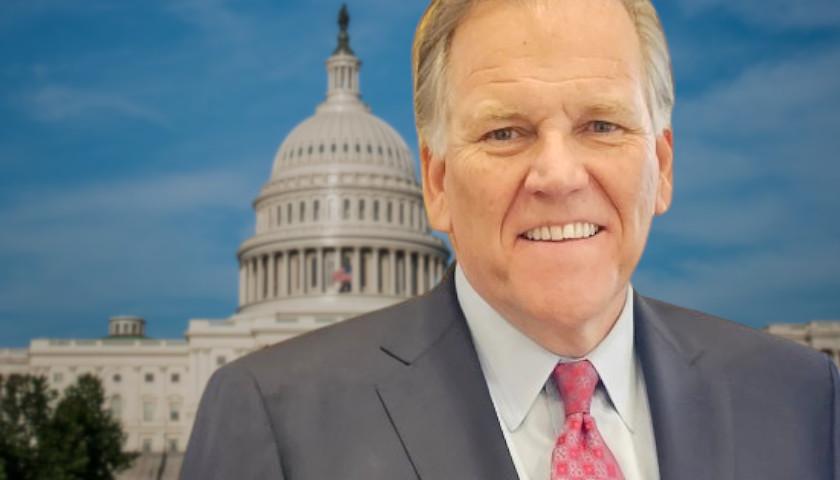by Ken Bredemeier
WASHINGTON D.C.– Massachusetts Senator Elizabeth Warren ended her bid for the U.S. Democratic presidential nomination on Thursday after across-the-board losses in the 14 states that held party nominating elections this week, including a devastating third-place finish in her home state.“
We didn’t reach our goal, but what we have done together – what you have done – has made a lasting difference,” Warren told her campaign staff. “It’s not the scale of the difference we wanted to make, but it matters – and the changes will have ripples for years to come.”
Warren, a former Harvard law professor, told reporters outside her home in Cambridge, Massachusetts, that she would not immediately endorse either of the front-runners in the race, former two-term Vice President Joe Biden or one of her frequent political allies, Vermont Senator Bernie Sanders, a self-declared democratic socialist. She talked to both of them separately on Wednesday.
“We’re going to take a little more time to think” about an endorsement, she said.
Two other one-time candidates, Minnesota Senator Amy Klobuchar and former South Bend, Indiana, Mayor Pete Buttigieg, endorsed Biden as they dropped out of the race ahead of the Super Tuesday voting, almost certainly boosting Biden’s fortunes en route to him capturing of 10 of the 14 state nominating elections this week, compared to four for Sanders.
As news of Warren ending her candidacy surfaced, Republican President Donald Trump said her decision came “three days too late,” claiming it had cost Sanders victories in three states at least in the Tuesday voting and “Probably cost him the nomination!”
Elizabeth “Pocahontas” Warren, who was going nowhere except into Mini Mike’s head, just dropped out of the Democrat Primary…THREE DAYS TOO LATE. She cost Crazy Bernie, at least, Massachusetts, Minnesota and Texas. Probably cost him the nomination! Came in third in Mass.
— Donald J. Trump (@realDonaldTrump) March 5, 2020
For awhile, months ago, Warren surged to the top in national political polling for the Democratic nomination to face Trump in next November’s national election.
But the 70-year-old Warren, who developed a raft of liberal-oriented plans she hoped to implement if she were elected president, soon fell back in the polling. She seemingly struggled to explain how she would implement a governmental takeover of the health care spending the country, ending the use of private health insurance plans that millions of working Americans secure at their workplaces to help pay their medical bills.
Warren subsequently lost the first four Democratic nominating contests in February and fared no better in the Super Tuesday voting this week. Now the contest centers solely on the 77-year-old Biden, making his third run for the presidency over a three-decade span, and the 78-year-old Sanders, a renegade political figure who envisions a U.S. version of the democratic socialism practiced in Scandinavia.
As she quit the race, Warren said she mistakenly thought she could create a third lane in the Democratic Party’s ideological divide, between the center-left Biden and the democratic socialist Sanders.
“I was wrong,” Warren said, who also lamented that the race for the U.S. presidency is now devoid of any major female candidates.
In the end, exit polls of voters Tuesday showed that Warren’s biggest appeal came from highly educated, professional women like herself, but not a broader coalition of voters amassed by both Biden and Sanders.
Biden holds a relatively narrow lead over Sanders in the chase to become the Democratic presidential nominee, securing 565 pledged delegates to the party’s July national presidential nominating convention compared to 506 for Sanders. Each of them needs at least 1,991 to win the nomination, presaging a months-long fight for convention delegates in the nearly three dozen state party primaries and caucuses yet to come.
Tuesday’s vote also pushed former New York Mayor Michael Bloomberg out of the race after he won the vote only in the tiny American Somoa territory in the Pacific after spending upwards of $500 million of his own fortune on his campaign.
In defeat, Bloomberg quickly endorsed Biden, calling him “my friend and a great American.”
Biden was the big winner in the coast-to-coast voting on Super Tuesday, capturing states in a show of voter strength that extended from Warren’s liberal Massachusetts through conservative southern states to Texas on the country’s southwestern border.
Less than a week ago, Biden’s campaign to take on Trump in the November national election was on life support, with his poor finishes in the first three party nominating contests in February threatening to end his campaign.
But he won last Saturday’s South Carolina primary with resounding support from African American voters, and expanded his base of voters in Tuesday’s balloting. Exit polls showed him capturing voters who have an unfavorable view of socialism, who do not favor a government takeover of health insurance in the U.S., as Sanders does, and voters who thought Biden had the best chance of ousting after a single term in the White House.
Sanders won four states — his own in the northeastern U.S.; the country’s biggest state, California; and Utah and Colorado in the West.
His support came from Hispanic voters, those who have a favorable view of socialism, and those who support his plan to end private health insurance in the U.S. in favor of a government takeover that would cover the medical bills for all 327 million Americans.
– – –
Photo “Elizabeth Warren” by Gage Skidmore. CC BY-SA 2.0. Background Photo “Elizabeth Warren Press Conference” by The Hill.




